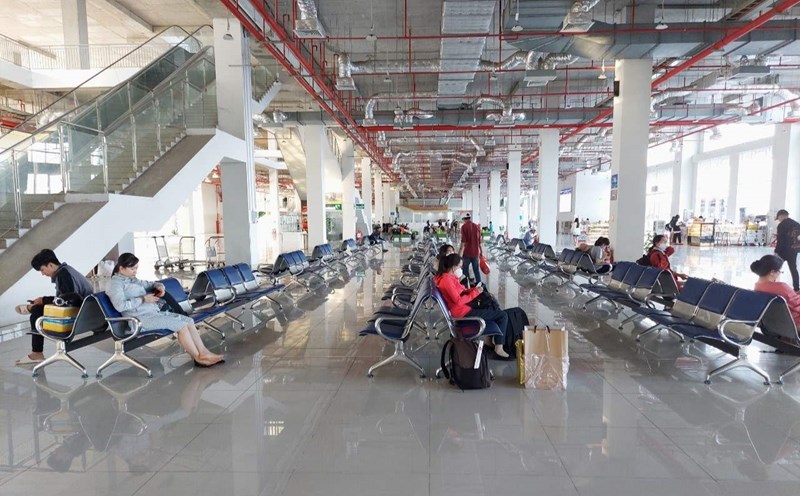1. Can dehydration cause sleep disorders?
Dehydration can cause unpleasant symptoms such as muscle cramps and spasms, headaches or migraines, early morning thirst, dry mouth... disrupting sleep or making it difficult to fall asleep.
2. Can drinking too much water cause sleep disorders?
Drinking too much water before going to bed causes the bladder to be more active at night, leading to the body having to wake up 1-2 times to urinate. This condition, when repeated many times, is called nocturia.
3. So how much water should you drink before going to bed?
You need to pay attention to the time of day when you drink water. Accordingly, you should limit drinking water at the end of the day, at least one hour before going to bed to avoid waking up at night to urinate. Instead, drink water in the morning or during the day to ensure your body is adequately hydrated.
However, for those with a tendency toward overactive bladder or urinary incontinence, avoid drinking water two to three hours before bedtime.
In addition, you need to pay attention to foods that help your body rehydrate or lose water. Consuming coffee, alcohol, and beer can make you urinate more, causing dehydration and loss of essential minerals. You should avoid using alcoholic and caffeinated drinks at least eight hours before bedtime to ensure deep sleep.
Consuming foods that contain a lot of water can contribute to your daily water intake and hydration. Some water-rich foods that you can eat include cucumbers, lettuce, celery, squash, strawberries, and watermelon.











